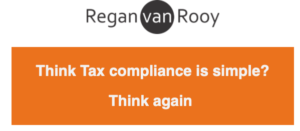Paper by: Tshepo Banda
Tanzania has made considerable investment in legislative tax reforms, taxpayer education programs, tax enforcement strategies, and increasingly sophisticated systems of tax administration using new technologies. However despite all these initiatives, Tanzania still experience high levels of non compliance, as evidenced by the tax gap. Currently total revenue collected stands at 15{780f53c297e2c008074d23b865a0ce0b35a4f08852d8e1e49466a5a902c4e44e} of GDP. This is low by both regional and international standards. This paper explores the taxpayer compliance strategies used by TRA and the challenges and constraints in implementing the said strategies. Inductive approach was used in explaining the relationship between compliance strategies and compliance behaviour. Embedded case study of TRA’s compliance function was undertaken. Primary and secondary data were collected through interview schedule and content analysis instruments respectively. Judgemental sampling was used to select the sample for the study.
The results showed that TRA is employing both enforcement and voluntary compliance strategies; however voluntary compliance strategies were contextualised to TRA only, impairing the effectiveness of these strategies. The recommendation made is that taxpayers rights must be adequately entrenched in tax laws, so that taxpayers get the benefit of enforcing them should the need arise. Undoubtedly there are lessons to be learnt from studying best practice in developed economies.





